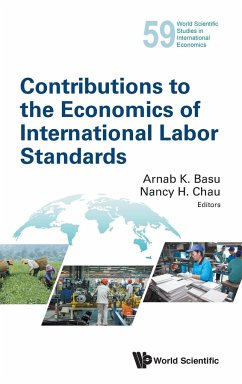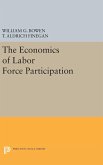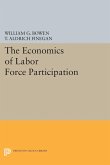As global production has become dispersed worldwide, so have concerns for the plight of workers employed in the world factory. Standard economic intuitions prescribe sharp tradeoffs between the worker-level benefits that a job confers, and the number of such jobs that are ultimately made available. Such quality-quantity tradeoffs have taken center stage in the global debate on potential benefits and costs of legalizing and enforcing international labor standards. This volume organizes and presents a number of new developments in the economics of international labors standards. The first part of this volume explores a series of labor market institutions particularly in developing country labor markets so far unexplored in international labor standards debate. These include the presence of middlemen market power, the persistence of interlinked debt and labor market exploitations, and the origins of two-tiered labor markets. These studies unveil the determinants of workers' well-being and the associated justification for labor market policy interventions when institutions are lopsided favoring contractors, moneylender-cum-employers, and/or select workers blessed with "good" jobs. The second part explores the effectiveness of policy intervention by explicitly recognizing policy implementation challenges. These include coordination failure in the international context, imperfect enforcement and compliance of national labor regulations, and the limits of market-driven fair trade programs. In doing so, these studies shed light on the pitfalls of wholesale international labor standards prescriptions, and advocate instead in favor of case-by-case approach which duly recognize the specific ways in which the labor market deviate from standard assumptions, and the realities of policy implementation and enforcement difficulties.








